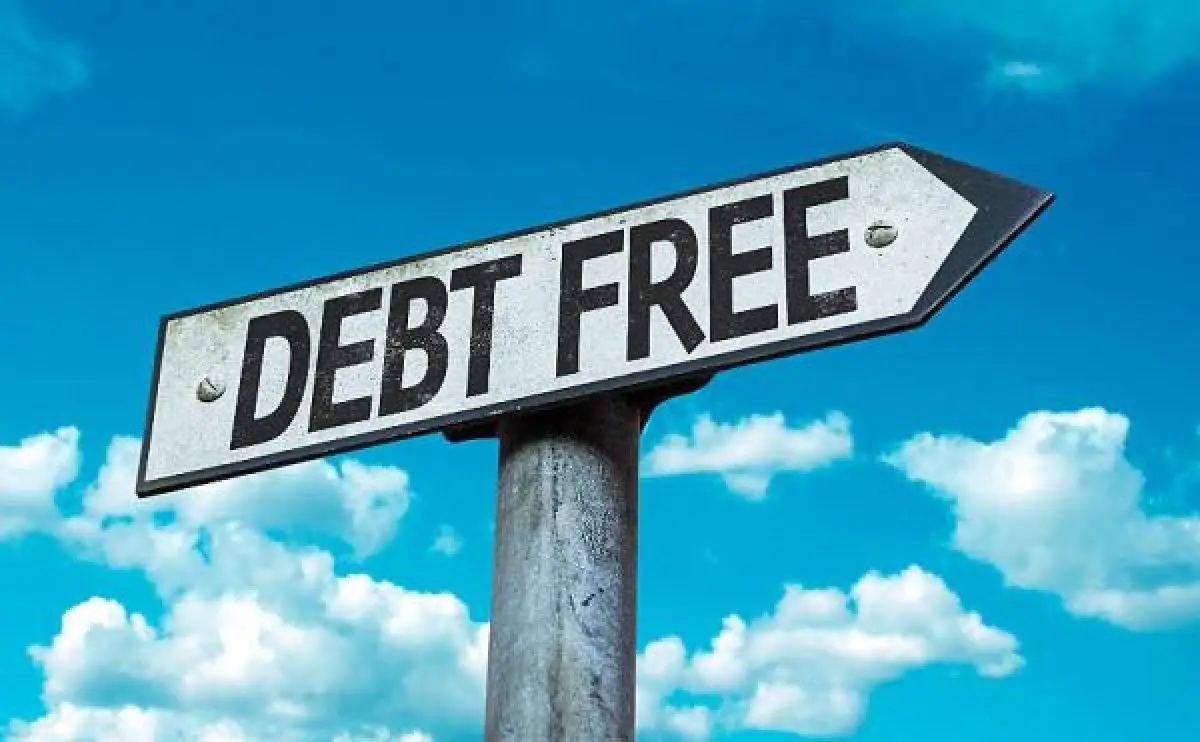Many countries almost consider themselves debt-free. Many countries are dealing with increasing debts and deficits, while others have persistently kept their debt levels low. Many countries have low amounts of public debt due to abundant natural resources, while others have adopted liberal market reforms that prioritize fiscal restraint.

Let’s put light on some famous countries which are almost debt-free:
Hong Kong 0.1 %
Hong Kong is the only country that has the lowest percentage of debt on them. The reason behind this is a lucrative financial banking sector, well-regulated financial restrictions, huge foreign exchange reserves, and virtually no state debt characterizes Hong Kong’s market-driven economy. It has the sixth-highest GDP per capita in the world, at £32,000, just less than Brunei.
Hong Kong’s economy is a well-developed free-market economy. It is distinguished by low taxation, almost unfettered port trade, and a well-established international finance sector. The Hong Kong dollar, which is tied to the US dollar, is lawfully issued by three large international commercial banks. Individual banks in Hong Kong set interest rates to ensure that they are market-driven. Although the Hong Kong Monetary Authority serves as a financial regulatory authority, there is no officially recognized central banking system.
Brunei 3.1 %
Brunei’s economy grew when it gained independence from the United Kingdom in 1984. Its economy is virtually exclusively based on gas and oil exports, its public GDP is high, and its welfare state is large, offering all medical services as well as food and housing subsidies. Brunei’s per capita debt in 2020 was 745 dollars per inhabitant, according to the most recent data point available. It was 754 dollars in 2019, then dropped by 9 dollars, and if we look back to 2010, we can see that the average debt per person was 395 dollars. In terms of GDP %, Brunei’s position in comparison to the rest of the globe has stayed unchanged in 2020. Out of the 190 countries, it is now ranked second in terms of debt to GDP and 44th in terms of debt per capita.
What happens when a country has no debt?
Because the government no longer has any debt, it is no longer obligated to pay interest. This could indicate that there is more money available for other purposes, such as infrastructure or welfare.
When a country gets debt-free, it is celebrated with fireworks and a massive cake falling from the sky. For that wonderful feat, every citizen will receive a piece and a pat on the back. Either that or nothing will happen at all. Because the government no longer has any debt, it is no longer obligated to pay interest. This could indicate that there is more money available for other purposes, such as infrastructure or welfare.
As we have discussed in the above-mentioned paragraphs there are many countries present which is in the list of the authorities and have so less amount of debt on them as compared with the other countries, as mentioned too that if a country is debt-free then it is quite good for that country in the terms of monetary benefits.










